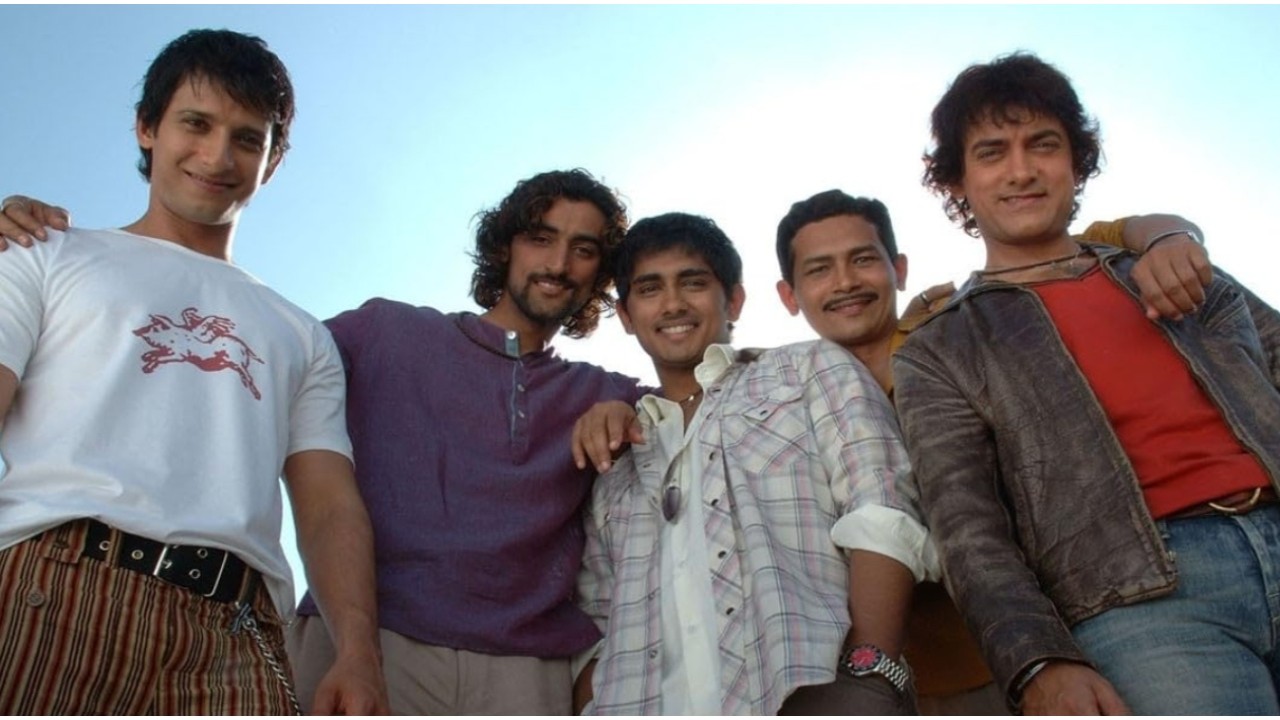.
Original content:
“The study conducted by researchers at Harvard University found that there is a strong correlation between lack of sleep and poor academic performance. Students who reported getting less than 6 hours of sleep per night were more likely to receive lower grades compared to those who got 8 hours or more.”
Rewritten content:
Imagine this: you’re a college student pulling an all-nighter to finish a research paper. You finally crawl into bed at 3 am, only to be woken up by your alarm at 7 am for an early morning class. The struggle to stay awake in lectures and concentrate on assignments becomes all too real. A recent study from Harvard University confirms what we already know deep down – the connection between sleep deprivation and academic success is undeniable. Those who manage to get a solid 8 hours of shut-eye are more likely to ace their exams and essays, while those running on fumes with less than 6 hours of sleep are left trailing behind. It’s time to prioritize our sleep and watch our grades soar. Original:
“According to recent research, the average person spends approximately 2 hours and 22 minutes per day on social media platforms. This equates to around 5 years and 4 months over a lifetime. With the rise of smartphone usage, social media has become a ubiquitous part of our daily lives.”
Rewritten:
Can you believe it? The latest studies show that we spend an average of 2 hours and 22 minutes every day scrolling through social media. That’s a whopping 5 years and 4 months over the course of our lives! It’s crazy to think about how much time we dedicate to our screens, isn’t it? With smartphones practically glued to our hands, social media has truly become a constant companion in our everyday routines.
